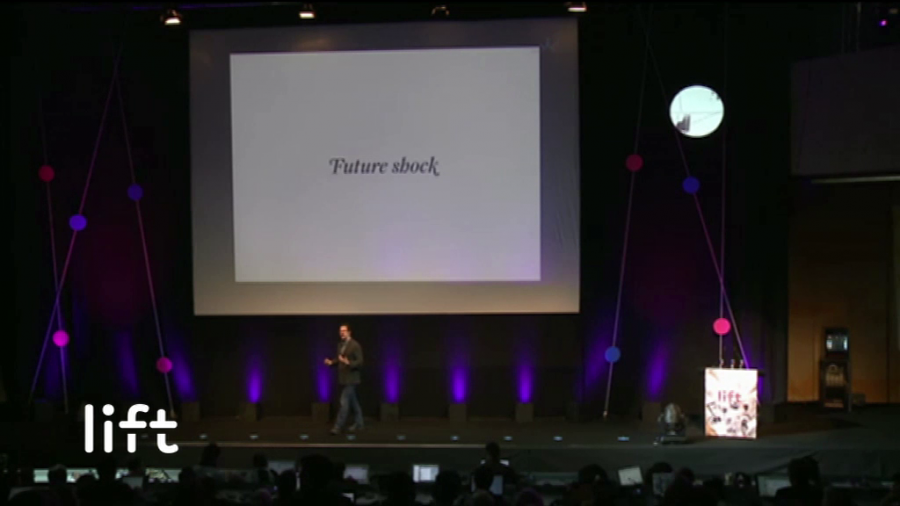Benevolence isn’t inefficient and I’m a big fan of benevolence. It’s just that it’s not enough. It’s okay for a group of twenty-five or fifty people where everyone knows everyone. But when you have 300 million in the US or 7 billion in the world, if we were self-sufficient and we had to produce everything for ourselves we’d all die, or 99% of us would die. So we have to cooperate with each other. But the only way to cooperate with each other in such large numbers is through markets.
Archive

At the time when he lived in 500 BC, [Confucius] was the epitome of good governance. He was the epitome of progressive ways towards a peaceful and just order. And he pioneered many things that we would regard today still as extremely important.

I’m going to argue today that even while we know post-truth politics is having a terrible effect on our political culture and our role as citizens, it’s curiously difficult to combat it because of a set of beliefs about what politics is, and about the Internet and the way it enables ordinary people to have a voice. And these beliefs intersect with a prevailing anti-intellectual anti-elitism which associates knowledge, discernment, and truth with snobbery and power.
Generally people don’t see the skirmishes that are always always always going on in the background to preserve where we are now in terms of laws against sex discrimination or laws that would promote sex equality. But compared to where we were when the ERA came out of Congress in 1972, we are very much better off in terms of equality of rights being guaranteed by the law, because so many laws that did discriminate on their face are off the books as a result of the struggle for the Equal Rights Amendment.
We’ve got two paradoxical trends happening at the same time. The first is what I call in my book “the cult of the social,” the idea that on the network, everything has to be social and that the more you reveal about yourself the better off you are. So if your friends could know what your musical taste is, where you live, what you’re wearing, what you’re thinking, that’s a good thing, this cult of sharing. So that’s one thing that’s going on. And the other thing is an increasingly radicalized individualism of contemporary, particularly digital, life. And these things seem to sort of coexist, which is paradoxical and it’s something that I try to make sense of in my book.

You all have, undoubtedly, friends in New York and San Francisco and Berlin and Tokyo and Australia or whatever, all of whom you have much more in common with than you do with your neighbor. You’ve created diasporas of interest. The death of distance has created many different new forms of country. Countries which aren’t based on how far it is from us to those guys over there, but new countries based on what you’re interested in.
